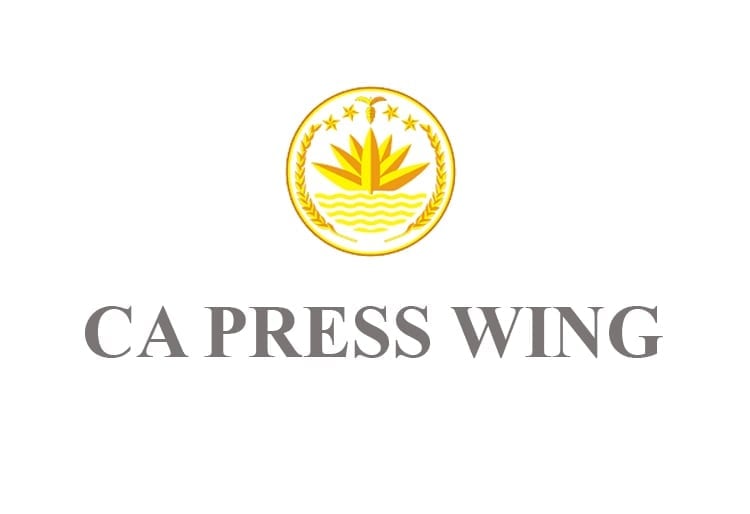
DHAKA, June 22, 2025 (BSS) - The interim government of Bangladesh has issued a rejoinder to an article titled "The truth will out: How press freedom is suppressed in Bangladesh" published in the website of Commonwealth Journalists Association on June 20, 2025.
The article was written by William Horsley, an Executive Committee member of the Commonwealth Journalists Association.
The rejoinder was posted on the Facebook page of the Chief Adviser's Press Wing - CA Press Wing Facts-today.
Below is the full rejoinder.
William Horsley’s recent account of Professor Muhammad Yunus’s visit to London and accusations that the interim government in Bangladesh suppresses press freedom mischaracterises a deeply complex political transition and underplays the efforts being made to build the rule of law in the aftermath of state-sponsored authoritarianism.
Following the ousting of the former regime amidst widespread civil unrest and documented abuses, the interim government, led by Professor Yunus, was established not through political intrigue but as a response to popular demand for moral authority, neutrality, and reform.
In his public address at Chatham House on June 11, Professor Yunus outlined a clear three-part agenda: restoring stability, pursuing justice for serious crimes, and preparing inclusive democratic elections.
These objectives reflect not a consolidation of power, but a commitment to return it — responsibly and fairly — to the people.
Observers, even those sympathetic to Bangladesh and the aspirations of those who overthrew the autocratic regime, have cited concerns over media suppression and arbitrary detentions. These concerns must be taken seriously — and they have been. Yet the narrative that the interim government is replicating the autocratic practices of the past fails to acknowledge key differences in governance and intent.
Yes, there are numerous cases before the courts — many initiated by victims or families of those who suffered during the prior regime. Some of these cases are flawed or groundless.
The interim government has not ignored this reality. Unlike in the past, these prosecutions are not being directed or manipulated by the state. There is no political mandate to imprison opponents.
Instead, the interim government has instructed police and prosecutors to proceed with caution, evidence, and fairness. Judicial independence is being respected — and indeed, where it has previously been abused, the government is working to repair it.
The government has begun the process of withdrawing 16,429 groundless cases — a major step towards restoring faith in the justice system and acknowledging the suffering of those falsely accused.
These cases, remnants of political vendettas, are being reviewed and dismissed where due process was absent. This effort reflects both accountability and compassion — and serves the broader goal of creating a fair and participatory political environment.
To those who ask why the government is not interfering in questionable prosecutions: we respond that it must not. To intervene now would be to mimic the playbook of the previous regime, where outcomes were pre-determined and political loyalty replaced justice.
The interim administration is determined not to repeat that mistake. Instead, reform commissions have been established for the judiciary and police, seeking to address the structural flaws that have long plagued Bangladesh’s legal institutions.
Professor Yunus’s remarks in London — including his assertion that “people have never had so much freedom in their life” — may sound optimistic to some, but they are grounded in the experience of a society emerging from repression. It is not that everything is fixed — but rather that, for the first time in years, a genuine attempt is being made to disentangle justice from politics.
The selective detention and silencing of journalists, politicians, and activists under the former regime did not occur in isolation — they were enabled by legal frameworks and political interference. The current administration is working to undo that legacy, but change is difficult, and progress will not be linear.
The interim government has no illusions about the road ahead. But it is committed to making that road one that leads to lawful governance, political inclusion, and national healing. That is the promise of this transitional moment. And that is the responsibility it has accepted.